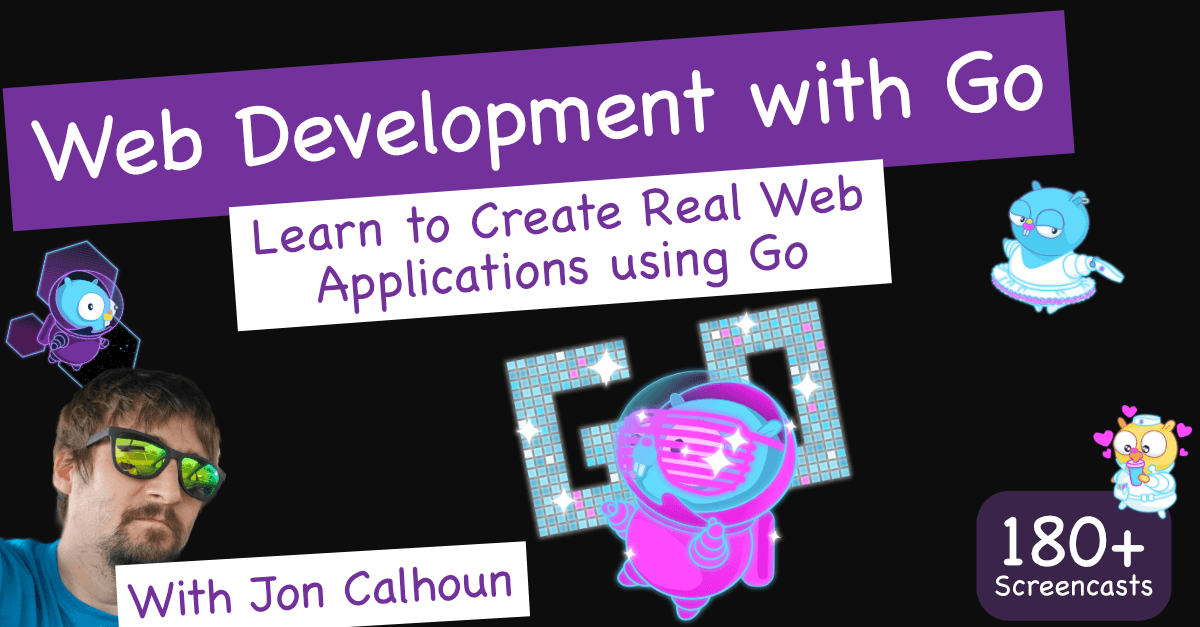
What you'll learn

- Programming Fundamentals
- C Programming
- C++ Programming
- Object-Oriented Programming
- Introductory Software Development
- Computer Science
- Procedural Programming
- Explicit Typing
- Implicit Typing
- Generic Typing
Requirements
- Internet access
Description
In this course, students will learn elementary programming concepts with the C language, with an additional section studying C++ and the relation between the two languages. Learning C will allow students to develop the basic skills for procedural programming and the fundamentals of object-orientation, as well as a short study of C++. Students can use this knowledge to take on learning higher-level languages such as C#, Java, and Python in an accelerated manner. The class will focus on building programming skills from fundamental keywords to high-level abstraction, in hopes that the student will then continue on to learning a high-level programming language afterward.Students will learn the following aspects of programming using the C language:
Section 1:
-Introduction, how to succeed in the course
-What is C, understanding programming, setup
-Hello World
-Data Types
-Input and Output
-Commenting
-Operators
-Introducing Conditionals
-Conditionals
-Nested Conditionals, Switches
Section 2:
-Logic Operators
-Loops: for, while
-Functions
-Recursion
-Arrays, Matrices
Section 3:
-Strings/String Functions, ASCII
-Pointers
-Function Pointers
-The void Pointer, Static
-Structures
-Unions
Section 4:
-Memory Management
-Memory Functions: malloc, calloc, realloc
-Dynamic Strings and Arrays
-Error Handling
Section 5:
-Working With Files, Binary File I/O, Random Generation
-Preprocessor Directives, Scope, Headers
-Conditional Compilation Directives
-Preprocessor Operators
Section 6 - C++:
-Differences: new data types (strings, boolean), function/argument overloading
-Intro to Classes (constructors, objects)
-Intermediate Classes: class headers, namespaces, member initializer lists
-Advanced Classes: access keywords, 'this', 'friend', inheritance and polymorphism
-Abstract Classes/Interfaces, 'virtual', operator overloading
-Generic Types/Classes (Templates), Exceptions
-Files, Enumerations
Section 7 - Capstone:
-Final exam
-Final assignment
-Capstone project
Optional textbooks:
-"C Programming Language, 2nd Edition" by Brian W. Kernighan and Dennis M. Ritchie (Various prices by format and rental); this book is extremely well-known in the programming community for being fundamental to developing one's skills with programming languages.
-"The C++ Standard Library: A Tutorial and Reference, 1st Edition" by Nicolai M. Josuttis (Various prices by format and rental, very cheap on eBay)
Who this course is for:
- Students interested in learning programming with any level of experience, but especially beginners or anyone unfamiliar with C or C++ as well.

